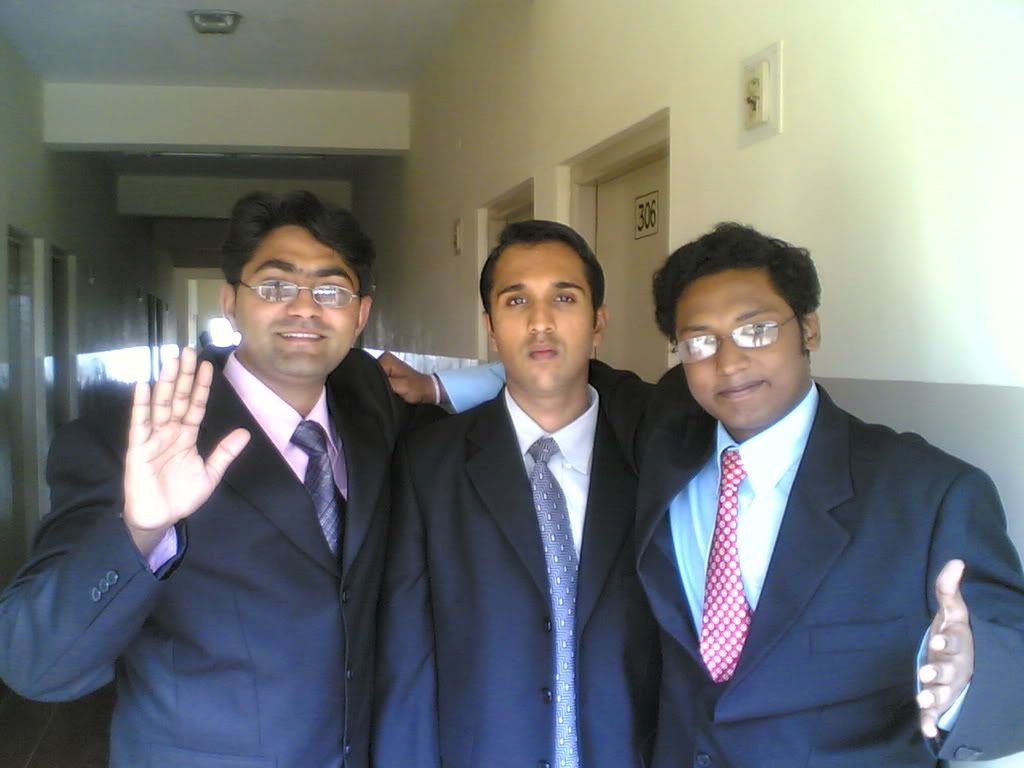The media’s role is to package and spread news, current affairs and public interest information to the public. They have great power to shape and influence public opinion, to target and exploit audience reactions, emotions and opinions.Setting up and maintaining good relationships with the media can be of enormous benefit. Effective media relations promote trust and balance between the media and an individual and their organization.
Once you’ve proved yourself as a useful and dependable information source, you’ll realize it can; help to get your story into a news cycle, and provide opportunities for the media to approach you for comment on appropriate stories which in turn helps a journalist add depth, by filling gaps or backing up information, to their story.
Effective media relations are about working with, rather than against, the media. That’s not to say you can’t have a robust relationship with the media. However, adopting this approach gives you better access to journalists when there is something to say in the media. Being available for comment when asked is another essential ingredient in effective media relations.
Consider for a moment reactive media relations - the only time you deal with the media is when things go wrong. The reactive situation puts pressure on outcomes and doesn’t always allow for your messages to be delivered in a positive way. Obviously pressured reactive responses or worst still, no response at all, can negatively influence public opinion of you and your organization.
Media relations is also about; putting out regular media releases on appropriate issues that catch the eye, with short paragraphs written in newspaper style; actively providing comment on issues and or decisions; knowing what builds or makes a story; and knowing how to keep a story alive and when to let it go.
Using the media effectively can help you win public support. Public support is critical when trying to convince others, such as government or bureaucracy of the merit of a particular proposal or application.
If you’re not ready to manage your own media relations, but would like to work toward it, consider approaching a specialist in the field. They can provide advice or management as appropriate on media issues, help write media releases, distribute media releases, organize news conferences, facilitate one-on-one meetings with journalists, as well as deal with crisis and issues management.
The role of media in globalization is shown by this clip: http://www.youtube.com/watch?v=A6HRt1bH_dw
The role of media in globalization is shown by this clip: http://www.youtube.com/watch?v=A6HRt1bH_dw
Effective media relations can help you and your organization develop a media profile. The benefit of a media profile becomes obvious when doors open wider for you within government, business and the community.
The media covers a wide range of topics, but coverage of business affairs has increased through the years after high-profile businesses like Enron and Microsoft were in the media spotlight for various reasons. It seems as though the business dealings are things that the general public wants to now a lot about, especially when considering the speed at which the world moves.
The media covers a wide range of topics, but coverage of business affairs has increased through the years after high-profile businesses like Enron and Microsoft were in the media spotlight for various reasons. It seems as though the business dealings are things that the general public wants to now a lot about, especially when considering the speed at which the world moves.
Media Interviews: Preparation - Confidence, Control and Credibility
1.Define your agenda. Clarify your communication objective(s).
2.Determine how the interview might offer you the chance to make positive points or provide helpful information about your topic/issue/organization.
3.Write down and practice key message points in brief statements or bullet points.
4.Remove jargon or long explanations.
5.Have back up data to support your points if appropriate. Review facts and figure so you are comfortable discussing them.
6.Anticipate questions (easy, hard and terrible) and your responses. Practice with a colleague or in front of the mirror (yes, it looks silly, but heck, it is worth it!) Are you planning to talk about the same thing the reporter expects to discuss?
7.Get to know the media outlet -- what type of publication or program is it? Who is their target audience? What other media outlet is covering the story?
8.What is the interview format? Length? Live? Taped? Solo or multi-guests?
9.If you are part of a group, make sure everyone has the same message!
10.If you are meeting with more than one media outlet, make sure your message is consistent with each reporter.
Exclusive interview of Phil Wilmington president &CEO of Outlook soft:
http://www.outlooksoft.com/us/pdf/news/DMReview_PWInterview_50107.pdf
We can see how to prepare THE COMMANDER for a media interview with this link: http://cawg.cap.gov/html/Pa/pcmi.pdf
http://www.outlooksoft.com/us/pdf/news/DMReview_PWInterview_50107.pdf
We can see how to prepare THE COMMANDER for a media interview with this link: http://cawg.cap.gov/html/Pa/pcmi.pdf
Ways to cultivate media relations include:
1. Inviting media representatives to visit your site to learn firsthand about your environmental
programs;
2. Providing positive newsworthy information about your organization, industry or new law (press releases);
3. Understanding the media representative’s style of reporting;
4. Providing statistics, records, photographs and other information to facilitate coverage;
5. Offering to serve as an industry and/or environmental professional reference for the media
representative.
“The media's the most powerful entity on earth. They have the power to make the innocent guilty and to make the guilty innocent, and that's power. Because they control the minds of the masses.”
Malcolm X quotes (American black militant leader who articulated concepts of race pride and black nationalism in the early 1960s, 1925-1965)

No comments:
Post a Comment